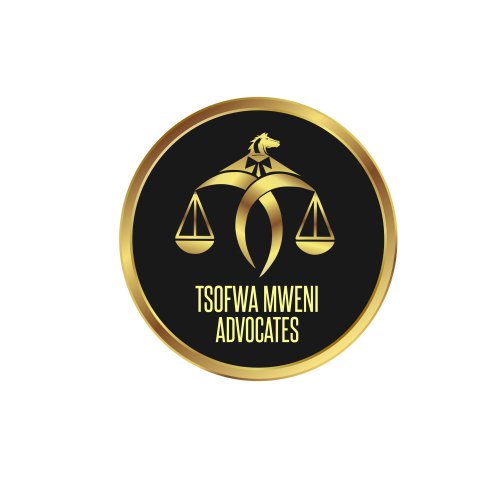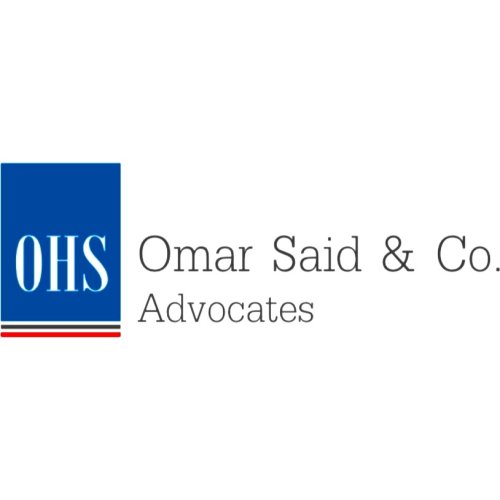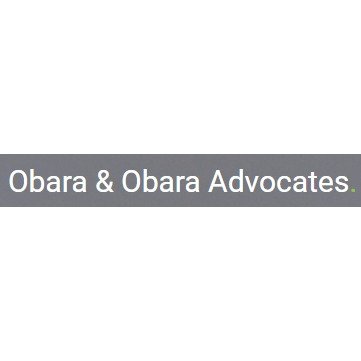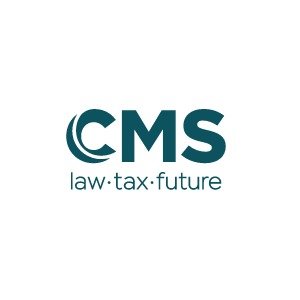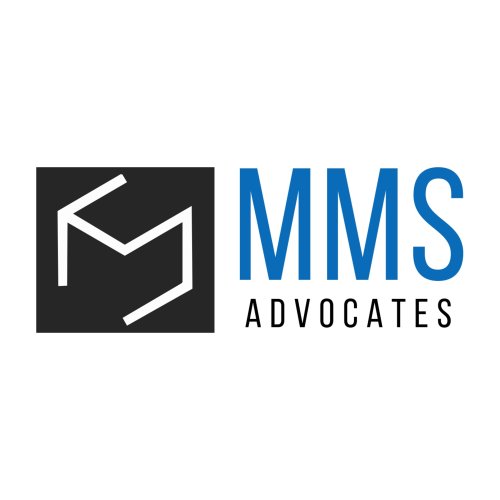About Public-Private Partnerships (PPP) Law in Mombasa, Kenya
Public-Private Partnerships (PPP) are cooperative arrangements between government entities and private sector companies to finance, construct, and operate projects that serve the public interest. In Mombasa, Kenya, PPPs are increasingly used to enhance infrastructure development and improve public services by leveraging private sector efficiency and innovation. Examples include roads, ports, water supply, waste management, housing, energy, and health sector projects. The legal framework for PPPs in Kenya is primarily governed by national legislation, but county governments like Mombasa have the autonomy to structure and manage their own PPP initiatives within this framework.
Why You May Need a Lawyer
Legal support is crucial when dealing with PPPs, given their complexity and the significant financial, operational, and legal risks involved. You may need a lawyer for several reasons:
- Drafting, reviewing, or negotiating PPP contracts and agreements
- Understanding your rights and obligations as a private investor or consortium partner
- Ensuring compliance with Kenyan and Mombasa County regulations and requirements
- Resolving disputes that may arise during the life of the project
- Advising on procurement procedures and bid preparation
- Facilitating approvals, licenses, and permits for project implementation
- Handling project financing, guarantees, and risk allocation
- Assisting in stakeholder engagement and public consultations
- Navigating land acquisition and environmental compliance matters
- Managing project close-out, hand-back, or early termination issues
Local Laws Overview
In Mombasa, PPPs operate within the legal structure established by the national Public Private Partnerships Act, 2021, and its regulations. Key aspects relevant to local projects include:
- County governments may initiate and manage PPP projects subject to national oversight and guidelines
- All PPP projects must align with county and national development plans
- Bids and procurement for PPP projects are handled competitively and transparently to ensure value for money
- The PPP Committee and Directorate, established under national law, play a supervisory role but county governments like Mombasa can establish specialized PPP units
- Stakeholder engagement, environmental assessments, and public participation are mandatory for most projects
- Dispute resolution provisions, including mediation and arbitration, are commonly included in PPP agreements
- Land acquisition, compensation, and relocation are strictly regulated, especially for major infrastructure projects
- Financial arrangements must comply with fiscal responsibility principles and be approved through the established budgeting process
Frequently Asked Questions
What is a Public-Private Partnership (PPP)?
A PPP is a legal agreement between a government entity and a private company to deliver public infrastructure or services, sharing risks and rewards.
Are PPPs allowed in Mombasa County?
Yes, Mombasa County can implement PPP projects under the national legal framework and its own county-level development priorities.
Who regulates PPPs in Mombasa?
PPPs are regulated by both the national PPP Committee and Directorate and the relevant departments in the Mombasa County government.
How are PPP projects selected in Mombasa?
PPP projects must be included in county development plans and evaluated for feasibility, value for money, and alignment with public policy before approval.
Can private companies propose PPP projects?
Yes, the law allows for unsolicited proposals, but they must undergo competitive processes unless an exemption applies.
What legal risks are involved in PPP projects?
Risks may include breach of contract, regulatory non-compliance, land acquisition disputes, environmental liabilities, and financial risk.
How are disputes in PPP projects resolved?
Most PPP contracts include provisions for mediation, arbitration, or litigation in Kenyan courts to resolve disputes.
What documents are required for a PPP project?
Key documents include feasibility studies, project agreements, procurement documentation, environmental impact assessments, and financial models.
Do PPP projects need public participation?
Yes, public participation and stakeholder engagement are mandatory for major PPP projects, as required by Kenyan law.
What happens at the end of a PPP contract?
At the end of the contract, assets and operations typically revert to the government, subject to hand-back requirements detailed in the agreement.
Additional Resources
If you are seeking further information or legal guidance on PPPs in Mombasa, the following resources may be helpful:
- Public Private Partnerships Directorate, National Treasury Kenya
- Office of the County Attorney, Mombasa County Government
- Kenya Law Reports for statutes, regulations, and case law on PPPs
- Kenya Private Sector Alliance (KEPSA) for private sector perspectives
- Mombasa County Department of Finance and Economic Planning
- The Law Society of Kenya for directories of qualified legal professionals
Next Steps
If you are considering involvement in a PPP project or require legal advice in this field, you should:
- Gather all relevant project documentation
- Identify your specific needs, such as contract review, due diligence, or dispute resolution
- Consult a lawyer with experience in PPPs and knowledge of Mombasa County regulations
- Prepare a list of questions and objectives for your initial legal consultation
- Engage with the relevant government departments and PPP units early in the process
- Ensure ongoing compliance with statutory, regulatory, and contractual requirements throughout the project lifecycle
A qualified legal professional can help you understand the applicable laws, mitigate risks, and maximize the benefits of engaging in a successful Public-Private Partnership in Mombasa, Kenya.
Lawzana helps you find the best lawyers and law firms in Mombasa through a curated and pre-screened list of qualified legal professionals. Our platform offers rankings and detailed profiles of attorneys and law firms, allowing you to compare based on practice areas, including Public-Private Partnerships (PPP), experience, and client feedback.
Each profile includes a description of the firm's areas of practice, client reviews, team members and partners, year of establishment, spoken languages, office locations, contact information, social media presence, and any published articles or resources. Most firms on our platform speak English and are experienced in both local and international legal matters.
Get a quote from top-rated law firms in Mombasa, Kenya — quickly, securely, and without unnecessary hassle.
Disclaimer:
The information provided on this page is for general informational purposes only and does not constitute legal advice. While we strive to ensure the accuracy and relevance of the content, legal information may change over time, and interpretations of the law can vary. You should always consult with a qualified legal professional for advice specific to your situation.
We disclaim all liability for actions taken or not taken based on the content of this page. If you believe any information is incorrect or outdated, please contact us, and we will review and update it where appropriate.





